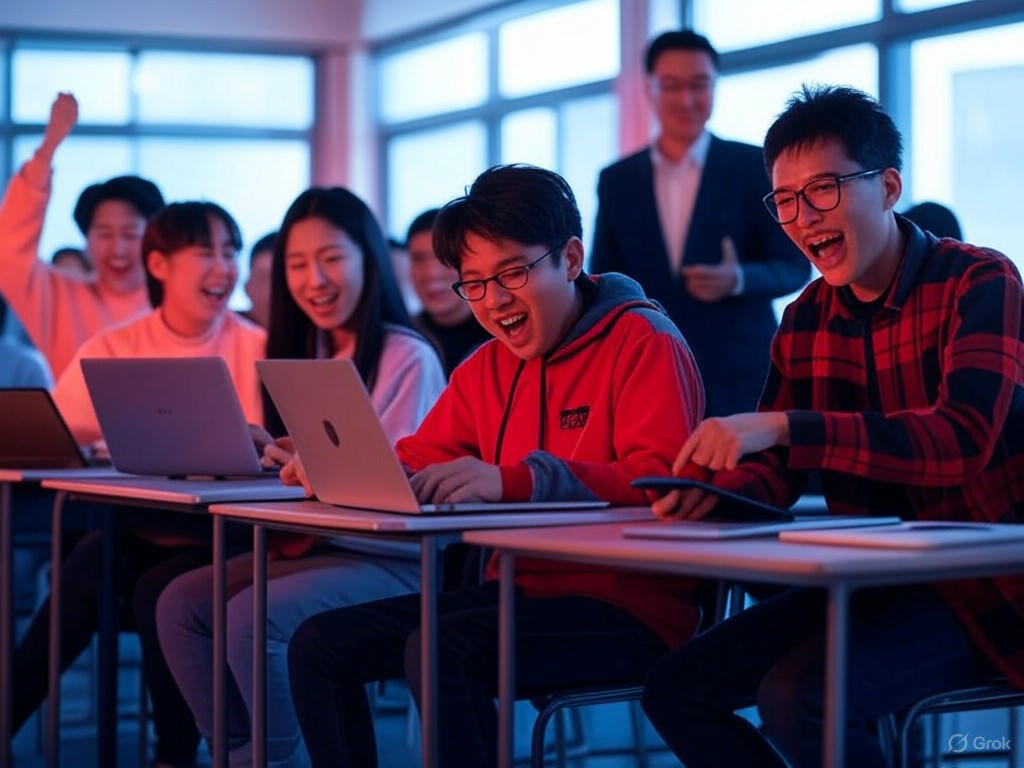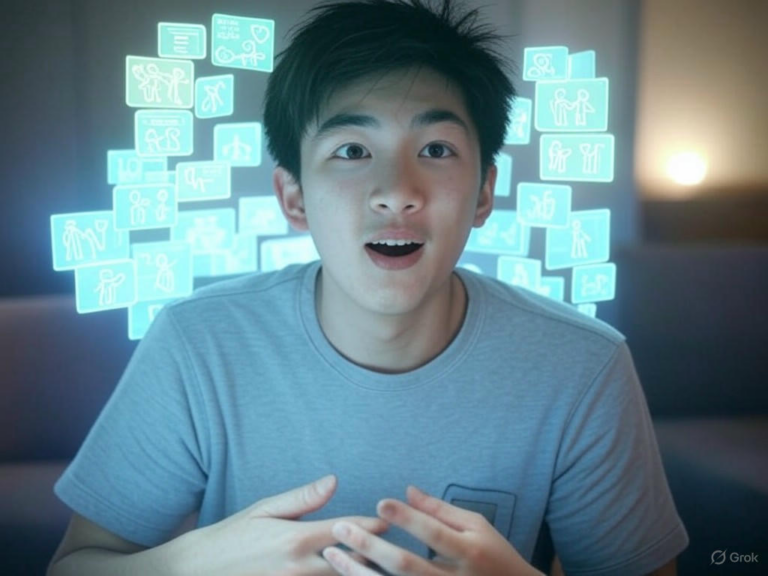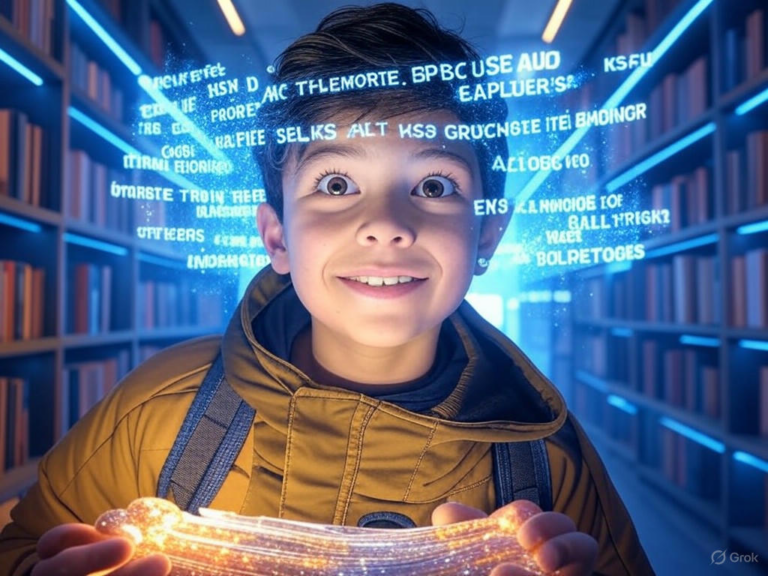
AI Education Initiative Boosts High School AI Classes with CEOs Support
How the AI Education Initiative is Transforming Youth Learning
In a bold step forward, the White House has rolled out a major AI education initiative aimed at equipping American students with the tools they need for tomorrow’s jobs. This program, launched via an executive order on April 23, 2025, sets up a special task force to weave AI learning into K-12 education across the country. It’s all about preparing kids not just to use AI, but to shape it, especially as tech giants step in with CEO-level support.
Think about it: with AI reshaping everything from healthcare to entertainment, giving high schoolers a head start makes perfect sense. The initiative focuses on building national competitiveness by prioritizing AI literacy, and the involvement of industry leaders ensures real-world relevance. Have you ever wondered how early exposure to AI could change a student’s career path? This effort is designed to make that possible for millions.
The Presidential AI Challenge: A Key Part of the AI Education Initiative
At the heart of this AI education initiative lies the Presidential Artificial Intelligence Challenge, a competition meant to spark creativity among students. Officials must launch it within 90 days of the executive order, with full implementation following soon after. It’s structured to include various age groups, regional competitions, and themes that highlight AI’s diverse uses, encouraging kids from all backgrounds to dive in.
This isn’t just about winning prizes; it’s about fostering innovation through teamwork between schools, government, and businesses. With CEOs from top tech firms backing these efforts, students get access to mentorship and resources that bridge classroom learning with professional opportunities. If you’re a parent or educator, imagine your students collaborating on real AI projects— that’s the exciting potential here.
Building Partnerships in the AI Education Initiative
One of the smartest moves in this AI education initiative is the push for public-private partnerships, linking federal agencies with AI experts from industry and academia. These collaborations are creating online tools and resources tailored for K-12 students, blending basic AI knowledge with practical skills. Rollouts are happening gradually, building a supportive network that keeps education current and engaging.
For instance, Stanford’s Digital Education program is a standout example, partnering with schools to introduce an AI curriculum for high schools. Launched in 2024 at North Star Academy in New Jersey and now piloting in New York, it integrates with Google’s AI Essentials course, letting teachers adapt it across subjects. Students can even earn a Google Career Certificate, giving them a boost for future jobs— all thanks to CEO-driven support from companies like Google.
A Comprehensive Strategy for AI Education and Career Growth
The AI education initiative goes beyond classrooms by tackling educator training and workforce prep. Agencies like the National Science Foundation are prioritizing AI in research and programs, from online resources to apprenticeships. This holistic approach aims to smooth the transition for high school students into college or direct employment, emphasizing certifications and credits.
Here’s a practical tip: if you’re a teacher, look into the professional development opportunities this initiative offers— they could help you integrate AI into your lessons seamlessly. For students, gaining these skills early means more options in fields like data science or engineering, where AI is already a game-changer.
Why the AI Education Initiative Matters Right Now
In today’s fast-paced world, AI isn’t just a buzzword; it’s driving economic growth and security, which is why the timing of this AI education initiative feels so urgent. Future jobs will demand skills in AI, data handling, and problem-solving, making it essential for young people to get ahead. The administration’s plan positions the U.S. as a global leader by turning students into innovators.
Complementary efforts, like MIT’s RAISE initiative, align perfectly, focusing on AI pathways for vocational schools and adult learning. It’s a reminder that AI education isn’t one-size-fits-all; it’s about creating accessible options that empower everyone, with CEO endorsements adding credibility and resources.
Prioritizing Equity in the AI Education Initiative
Equity is a cornerstone of this AI education initiative, ensuring no one gets left behind in the AI revolution. Programs like those funded by the Spencer Foundation are researching ways to make AI learning fair and inclusive, addressing barriers for underserved communities. This focus on social justice highlights how AI skills can open doors to economic opportunities for all.
Consider a hypothetical scenario: a student from a rural area gains AI expertise through these programs and lands a tech job— that’s the kind of impact we’re talking about. By involving diverse partners, including CEOs from various sectors, the initiative promotes widespread access and representation.
The Lasting Effects of the AI Education Initiative
As this AI education initiative takes shape, it’s set to reshape how we teach and learn, from elementary school up. By emphasizing practical AI applications, students can apply their knowledge in real-world scenarios, like optimizing content for digital marketing where AI saves professionals hours each week. That means skills in data analysis or automation could give young people a competitive edge early on.
What if your teen used AI to streamline a school project? Initiatives like these make that not only possible but probable, blending education with actionable tools. And with CEO support, the resources keep evolving to meet emerging needs.
Real-World AI Skills from the Initiative
Digging deeper, the AI education initiative equips students with hands-on abilities that extend to fields like marketing, where AI tools enhance SEO and content creation. Marketers, for example, are saving up to 12.5 hours weekly thanks to AI, freeing up time for creative work— a study from HubSpot highlights this efficiency. Students learning these techniques can tackle tasks from trend spotting to building AI apps, making them job-ready right away.
Navigating Challenges in AI Education
Of course, with great potential comes hurdles, and experts worry about over-reliance on AI leading to less original thinking. The initiative addresses this by stressing critical skills alongside technical ones, ensuring students use AI as a creative partner, not a crutch. It’s a balanced approach that keeps innovation alive amid rapid tech changes.
Have you thought about how AI might influence your own work? By focusing on these aspects, the AI education initiative helps mitigate risks while maximizing benefits.
Wrapping Up: A New Era in Education
In essence, the AI education initiative is a transformative force, blending government vision with CEO-backed partnerships to boost high school AI classes and beyond. It’s about preparing a generation to thrive in an AI-centric world, with opportunities for learning, growth, and innovation at every turn. This comprehensive push not only strengthens U.S. leadership but also ensures equitable access for all.
As you reflect on this, what’s one way you could incorporate AI into your daily routine? We’d love to hear your thoughts in the comments below, share this post with others who might benefit, or check out our related articles on tech education for more insights.
References
- Executive Order on Advancing Artificial Intelligence Education for American Youth. White House. Link
- Holland & Knight Insights on the Executive Order. Link
- MIT RAISE Initiative. Link
- Spencer Foundation Initiative on AI and Education. Link
- AI Certifications Blog on the Initiative. Link
- HubSpot Blog on AI and SEO. Link
- Stanford News on Digital Education AI Curriculum. Link
- General Discussion on AI in Education (YouTube). Link
AI education initiative, high school AI classes, CEOs support, AI curriculum, Presidential AI Challenge, AI workforce development, AI for youth, public-private partnerships, AI literacy, equitable AI education







